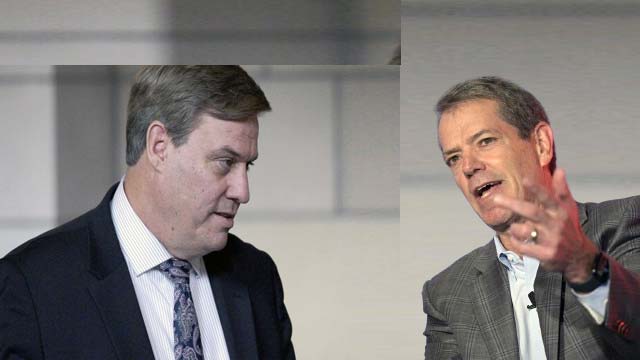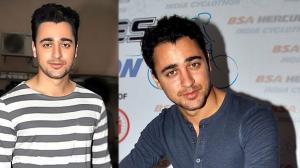
Nebraska Governor Jim Pillen has called for a special legislative session to address two critical issues: property tax relief and a potential shift in how the state awards its electoral votes. The session, scheduled at Pillen's request, aims to tackle escalating property tax burdens amidst public concern and legislative deliberation. Pillen's broader agenda includes proposing a return to a winner-take-all system for Nebraska's presidential electoral votes, a move he views as aligning with national electoral norms but one that requires substantial legislative backing to materialize.
Pillen's proposal to alter Nebraska's electoral vote allocation is contingent upon garnering sufficient support in the unicameral legislature, a formidable task given the need for 33 votes out of 49 senators. This change would eliminate the current practice where Nebraska splits its electoral votes based on congressional district outcomes, a system shared only with Maine. The timing of this initiative is particularly poignant as it coincides with the 2024 presidential election, where each electoral vote could sway national outcomes, potentially affecting pivotal swing states' dynamics.
The issue has sparked significant debate within Nebraska's predominantly Republican Legislature, where Pillen faces opposition even within his own party. Omaha Senator Mike McDonnell, among others, has expressed reservations about abandoning Nebraska's current electoral division, underscoring the internal dissent that Pillen must navigate to achieve his legislative goals. Despite these challenges, Pillen's push has gained momentum with support from prominent figures like conservative activist Charlie Kirk, reflecting broader national attention and polarization around electoral reform in the context of partisan politics.
As the special session approaches, all eyes are on Nebraska's legislative dynamics and the potential implications of adopting a winner-take-all electoral system. Pillen's dual agenda of tax relief and electoral reform sets the stage for a critical legislative session that could reshape Nebraska's political landscape and influence the outcome of future presidential elections.











